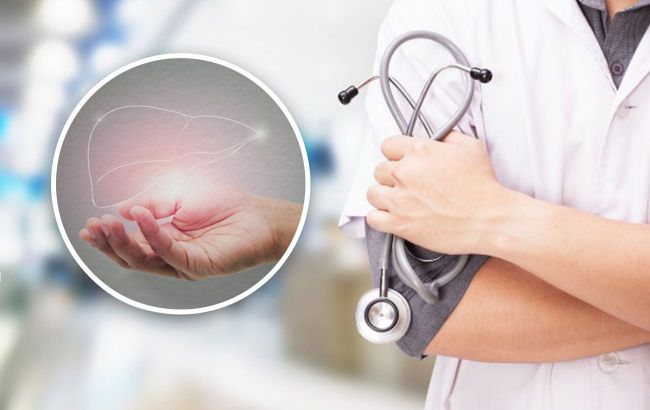Physician lists supplements, herbs posing risks to our liver
 What supplements can affect the liver (RBC-Ukraine collage)
What supplements can affect the liver (RBC-Ukraine collage)
Some herbs and biological supplements can affect the condition of our liver, according to doctor Natalya Slyvka.
What supplements can affect the liver
Ashwagandha
Ashwagandha supplements are already banned in Denmark, and other EU countries are also considering removing ashwagandha-based herbal pills from the shelves. A large series of Ashwagandha-induced liver lesions has recently been published.
Ashwagandha-HILI is associated with cholestatic hepatitis and may lead to acute or chronic liver failure syndrome with high mortality in patients with pre-existing liver disease.
Not quite standard cases of liver failure were noted when using elderberry syrup and a well-known toxic substance for the liver, which is used for "cleansing the colon" - senna. Remember about laxatives based on senna, which are toxic to the liver when taken for a long time
Other agents causing liver damage such as Iberogast, a patented herbal supplement developed in 1961 in Germany, advertised for irritable bowel syndrome (without evidence) and containing bittersweet, piper, chamomile, caraway, St. John's wort.
"There was also a strange case of liver damage associated with the use of supplements containing seaweed," the doctor writes.
Seaweed contains carrageenan (found in many supplements), which can stimulate our body's natural killer cells, which attack the liver through a complex inflammatory cascade.
Turmeric-related liver damage hits the hit list again and again.
Do not confuse it with spices containing turmeric, where the content is minimal.
Turmeric supplements are one of the most common causes of severe liver damage leading to liver failure and death in the West. Many countries are now warning about turmeric supplements around the world.
"Turmeric is good in curry, dangerous in capsules. Remember this, please," the expert emphasizes.
She also notes that 20% of liver transplants in the US are due to the effect of dietary supplements and herbs.
This material is for informational purposes only and should not be used for medical diagnosis or self-treatment. Our goal is to provide readers with accurate information about symptoms, causes, and methods of detecting diseases. RBС-Ukraine is not responsible for any diagnoses that readers may make based on materials from the resource. We do not recommend self-treatment and advise consulting a doctor in case of any health concerns.

